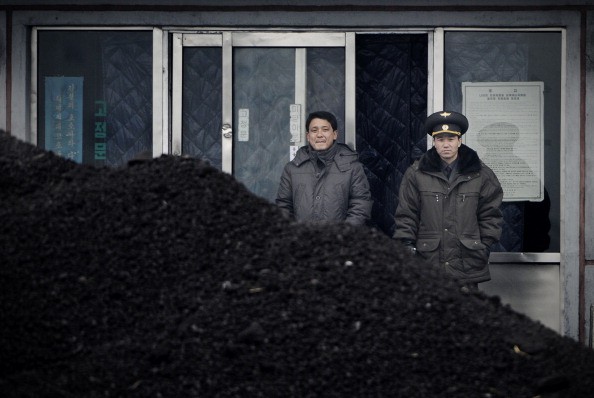According to official data, the worth of North Korea coal imported by China rose by almost 40 percent in February when Beijing pledged to put the trade on hold due to nuclear and missile threats.
Last month, China brought in $97.6 million worth of North Korea coal according to Chinese customs website. This is higher than the $70.1 million worth of imported coal during the same period the previous year.
The country’s total imports from North Korea surged to $16.7 million in the month, with a 47 percent increase from last year’s $119.9 million.
However, the volume of imported coal the previous month decreased from 1.52 million a year ago tons to 1.23 million tons.
The data was released following Beijing’s announcement on Feb. 18 that China was suspending all imports of North Korea coal for the rest of 2017.
The decision came after another North Korean rocket launch and the killing of Kim Jong-un’s half-brother in Malaysia.
China’s customs did not clarify whether the data only cover the period prior the official suspension was implemented or the entire month.
Beijing is Pyongyang’s only major ally and its economic support. However, the Chinese government has been pressured to exert more effort in restricting its neighbor.
China has been frequently accused by U.S. President Donald of not using its influence to help halt North Korea’s nuclear and missile program.
Earlier this month, Trump tweeted, "North Korea is behaving very badly. They have been 'playing' the United States for years. China has done little to help!"
The U.S. President’s comment was given subsequent to two North Korean nuclear tests last year and the recent missile launches. Pyongyang said that the launches were practice for attacking U.S. bases in Japan.
Under U.N. resolutions, North Korea is prohibited from conducting nuclear tests and ballistic missile launches.
China fears that a total ban may spark a conflict or worse, a total regime collapse.
Beijing wants to resume multilateral diplomatic negotiations with Pyongyang on forsaking its nuclear ambitions. However, previous talks aiming to dissuade North Korea have been unsuccessful.
Chinese officials customarily made certain that U.N. Security Council resolutions on sanctions against Pyongyang included humanitarian exemptions. Thus, the county had persisted in importing large amounts of coal from North Korea.
However, the most recent U.N. resolution approved in December did not include such exemption. China then halted from buying North Korea coal for three weeks to Dec. 31.


























